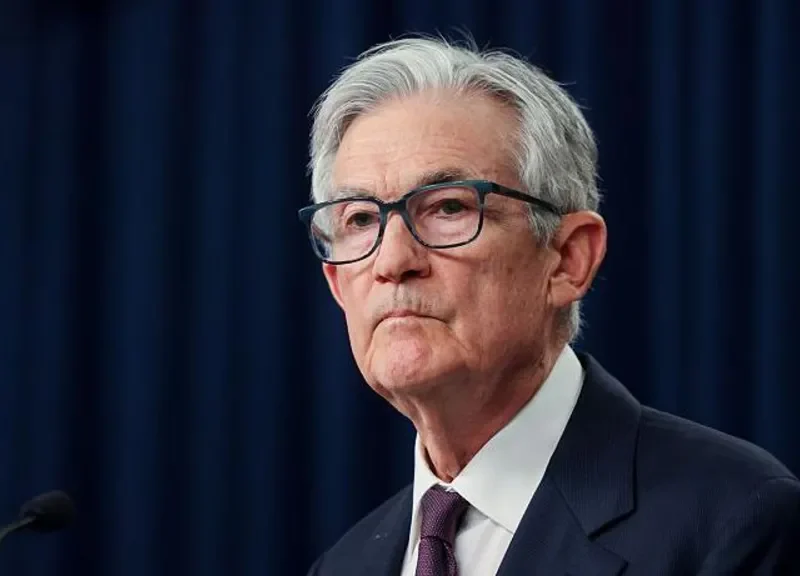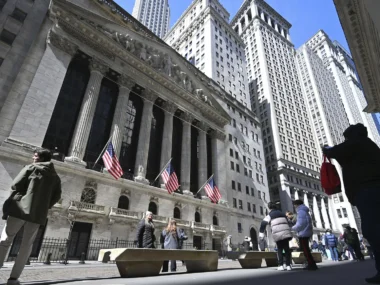The US central bank has indicated that the tariffs imposed by President Donald Trump have created “significant uncertainty,” making it unclear how to proceed with interest rates.
On Wednesday, the Federal Reserve decided to keep interest rates steady, despite pressure from Trump to reduce borrowing costs.
Chairman Jerome Powell stated that the economic impact of Trump’s tariffs left the Fed uncertain about its next steps.
This decision marked the third consecutive time the bank refrained from taking action, keeping the key lending rate at approximately 4.3%. Powell mentioned that if Trump’s tariffs remain in place, they could lead to higher inflation, slower economic growth, and rising unemployment.
Typically, the Fed lowers rates when the economy is struggling and raises them when inflation is rising too quickly.
However, with tariffs increasing the risk of both economic slowdown and rising prices, the Fed’s next move has become more complex.
“There’s so much uncertainty,” Powell remarked, indicating the difficulty of making a clear decision.
Wednesday’s decision follows Trump’s tariff announcements from the previous month, which raised import taxes on goods from various countries, including a minimum 145% duty on Chinese imports.
Since then, US logistics firms and ports have reported significant declines in trade, and analysts have warned that the likelihood of a recession has increased sharply this year.
Trump, who campaigned on promises of lower interest rates, has urged the Fed to act “pre-emptively” and has even threatened to fire Powell, calling him “a major loser” and “Mr Too Late” for not cutting rates quickly enough.
The European Central Bank reduced rates last month due to concerns about the economic impact of trade tensions, and the Bank of England is expected to follow suit this week.
US-China Trade
US and Chinese officials are scheduled to meet this week, though the specifics of the discussions are still unclear. On Wednesday, Trump rejected the notion of pre-emptively lowering tariffs to aid trade negotiations.
Powell remarked that the talks could significantly alter the economic outlook.
“Typically, things become clearer, and the right course of action emerges,” he stated. “At the moment, it’s hard to predict what that will be. However, the economy is performing well for now.”
The US economy contracted in the first quarter of the year, marking the first decline since 2022. However, officials explained that the drop was mainly due to businesses accelerating imports before tariffs, rather than a broad downturn in activity.
Job growth remained unexpectedly strong last month, keeping the unemployment rate near historic lows at 4.2%. Additionally, the US stock market has mostly rebounded from the sharp losses experienced last month.
Powell noted that these positive indicators provided the Fed with more time to wait.
“We can act swiftly when necessary, but at this moment, the best course is to wait and observe how things unfold,” he said.











